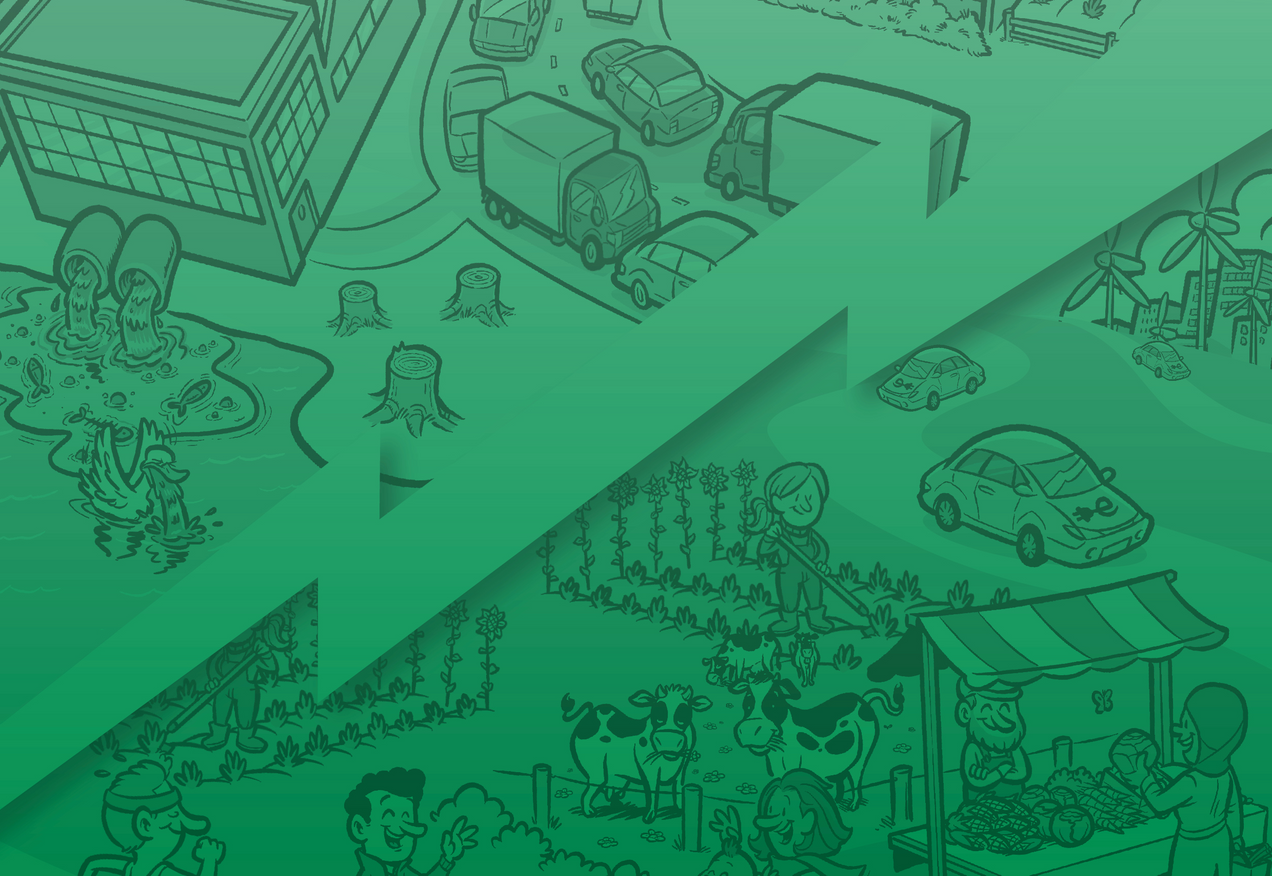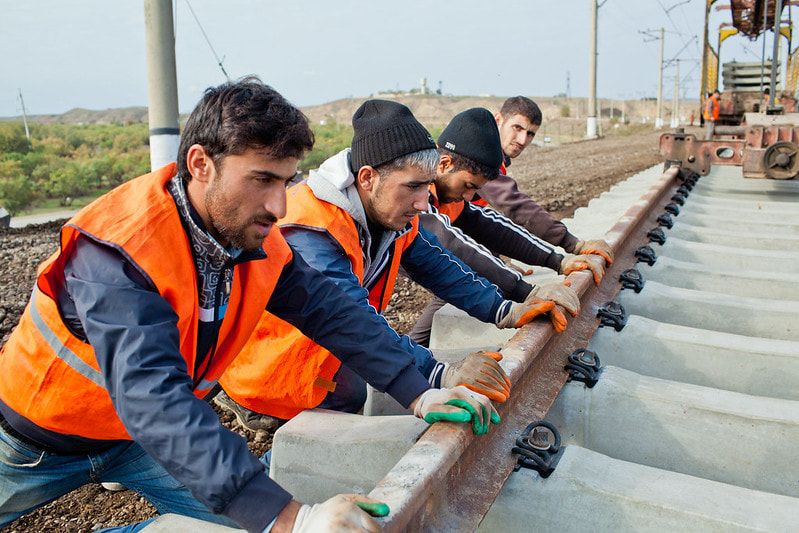Towards a Theory of Change to guide a New Politics and Economics
This two part gas explores the Need to Reclaim Politics from Growth and Vested Interests, in part through a Shared Vision of Equity, Democracy and Ecological Limits
Beyond Drax: A Real Green Future for Yorkshire and the Humber
In this report we quantify and describe over 70,000 green jobs across various sectors in Yorkshire and the Humber over ten years. We propose a redirection of Drax subsidies towards this vision.
Climate Emergency: Economics, Politics, Honesty
This Framing Paper by Jonathan Essex on behalf of Green House Think Tank outlines areas of focus for our forthcoming project. Green House is grappling with what this all means in practice and welcomes contributions and collaboration.
Presentation: Why do green jobs plan need a different politics and economics?
Jonathan Essex speaks at the Greener Jobs Alliance AGM about why green jobs plans need different politics and economics.
Heating and Cooling of Buildings
This Policy Briefing applies recommendations of the Rethinking Energy Demand framing report to the heating and cooling of buildings. It outlines the current context, the need to reduce the number of buildings heated and the amount of heating and cooling needed within them.
Rethinking Energy Demand
Framing Report published in collaboration with Green European Foundation - If industrialised European societies are to reach zero carbon on a timescale compatible with limiting climate change, they must significantly reduce their energy demand. This will disrupt business-as-usual.
Global Public Investment requirements for Zero Carbon
Sufficient and appropriately directed global public investment is critical to shift our economies globally to zero carbon. Currently such investment is inadequate, and still funds infrastructure expansion which increases dependance of fossil fuel reliant.
Webinar: Overseas Development Finance and the Climate Emergency
As the COP26 Climate Summit approaches, join international development specialists, campaigners and politicians from Europe and the UK to discuss how aid and climate finance must change to support an equitable 1.5°C world.
Response to 'Jet Zero'- Strategy for net zero aviation
Jonathan Essex's response to the government's Department of Transport consultation on achieving net zero within aviation by 2050.
Calling Jet Zero’s bluff
Jonathan Essex's gas examines the UK government's aviation strategy, and sees it as inadequate to deal with the scale and severity climate change
Transport Investment: The Zero Carbon Challenge
Our current targets to phase out fossil fuels is insufficient. Investment drives increases in hard to decarbonise transport infrastructure. Only by shifting our investment priorities in these terms will it be possible to meet the target of keeping global warming within the 1.5°C
The Social and Environmental Requirements of a Climate Emergency Economy
Our economy is not currently zero carbon, stable or sustainable, even in economic terms. What interventions are required to deliver the rapid transition required? What must these interventions achieve and how should these requirements be defined?













